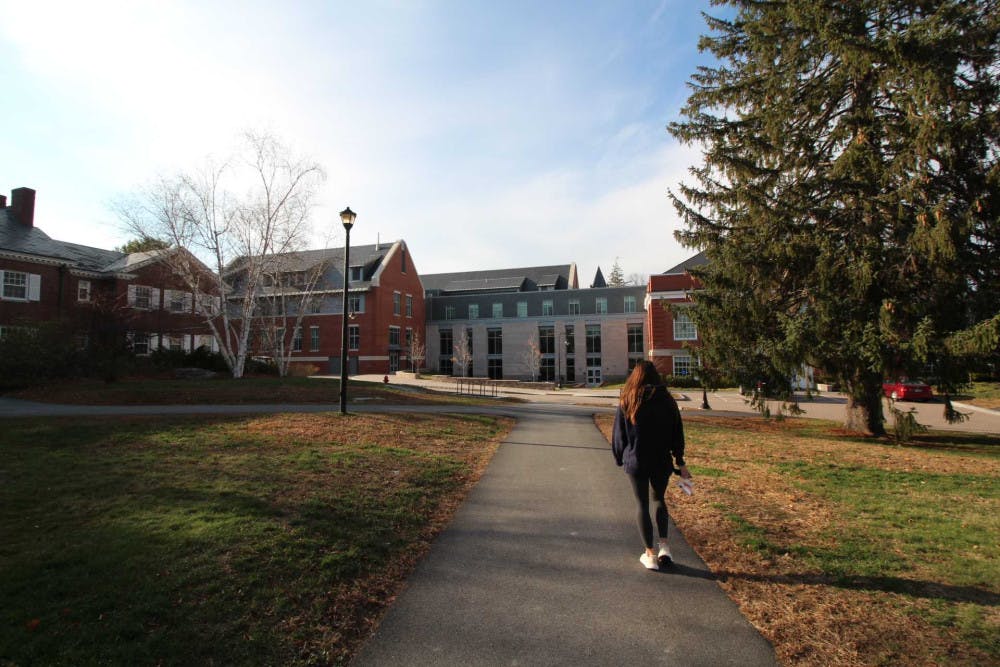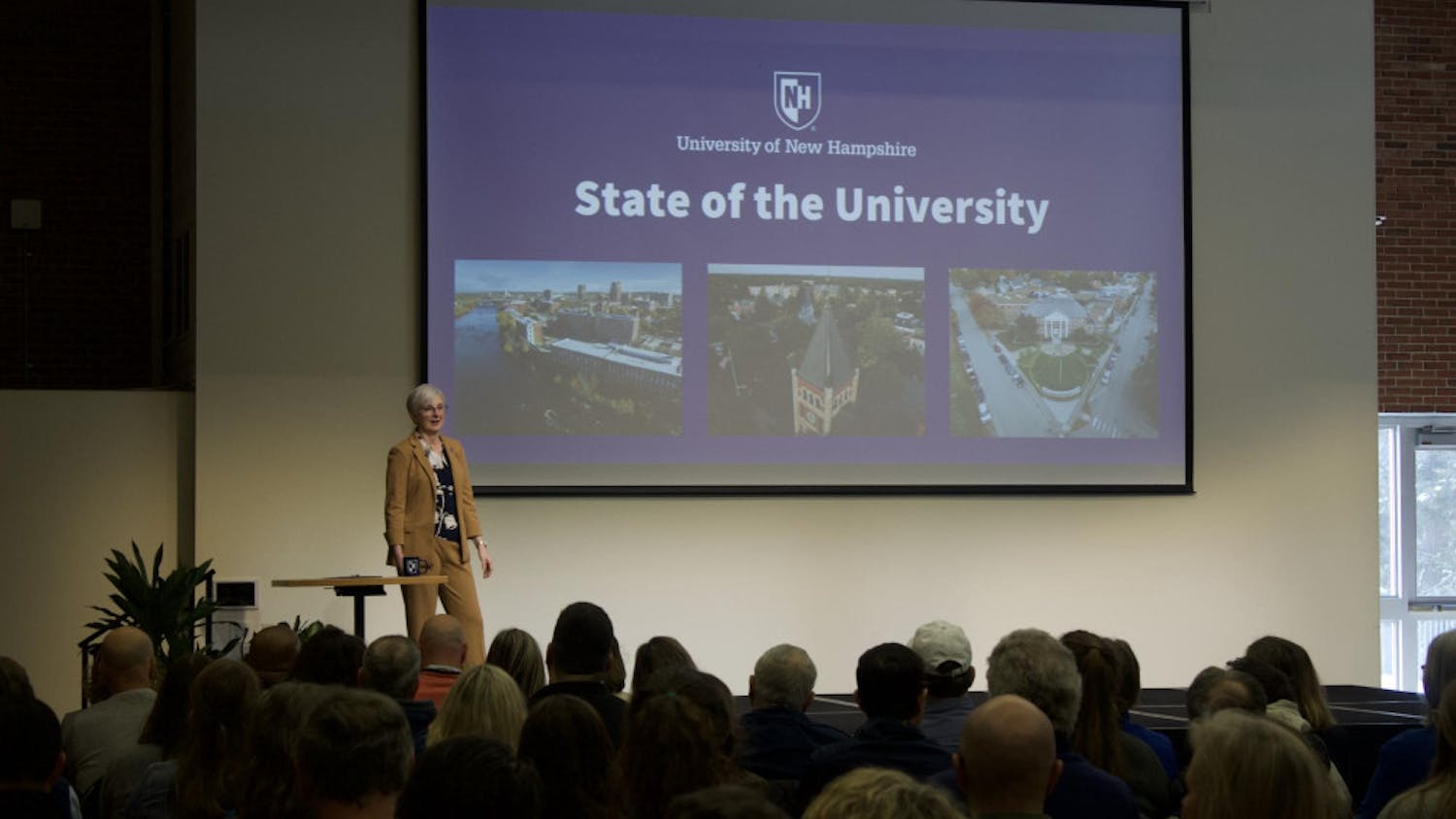Students at the University of New Hampshire (UNH) are taking health and safety precautions as they prepare to return home during the coronavirus (COVID-19).
UNH students will be leaving campus the weekend of Nov. 20 for Thanksgiving and will remain home and learn remotely through final exams. Students are expected to return in time for the first day of classes on Feb. 1 for the spring semester.
Health & Wellness sent out to students living on campus a “Know Before You Go: Going Home Checklist” for students to follow before returning home.
The piece was put together by Health & Wellness and first outlines what students should do prior to going home. In the time leading up to returning home, students should get a flu vaccine, review the travel restrictions and regulations in their home states, and visit the CDC’s travel information site for more information.
For the day of travel, Health & Wellness recommends to double check any restrictions or requirements your travel destination may have and emphasizes that things can change quickly. Students should also avoid taking public transportation unless it is absolutely necessary to use. Lastly, for students’ day of travel they should delay their plans if they are feeling ill and practice prevention guidelines such as wearing a mask, social distancing and washing hands thoroughly.
Students should quarantine for the first 14 days of being home according Health & Wellness. Their going home checklist also has a list of ways of how to keep everyone in your home safe such as, “Eat meals in a private space or outdoors, with others at least 6 feet away, do not share utensils, food, etc., use a separate bathroom, or if not possible, disinfect after each use, avoid physical contact including hugging, kissing, and shaking hands, consider adding HEPA filters or opening windows to increase air circulation if possible, and continue to follow public health guidelines.”
Peter Degnan, the medical director of Health & Wellness, said in an email interview with The New Hampshire, “If you must take public transportation, attempt to maintain 6 foot or greater physical distance from other travelers whenever possible. Wear a mask at all times. Consider carrying a small amount of hand sanitizer with you for personal use, if soap and water hand washing is not practical. Avoid other travelers as much as possible who may appear ill with cough or other respiratory symptoms.”
Degnan also says students should have a negative COVID-19 test within one or two days of their departure from campus.
Degnan responded to students leaving campus early because of the rising COVID-19 cases on campus, “I believe it is important for every student to be able to analyze their own personal situation as it relates to the rising number of COVID infections, and to make a decision that they and their families feel most comfortable with. I am saddened, though, at the loss of the traditional college experiences that COVID has wrought.”
If a student starts to feel unwell before traveling home, Degnan encourages students to contact Health & Wellness to receive an evaluation and to get an expedited test.
Lastly, if someone from a student’s home is feeling unwell, Degnan recommends not to return right away. “If a parent/guardian/sibling/close family member at home is feeling unwell, perhaps a student can arrange to stay with a friend or relative until the household member can be medically evaluated and determine any potential infectious risk,” Degnan said. “If that is not possible, try to maintain at least 6 feet distancing from the ill person, with everyone wearing a mask.”
Photo Courtesy of Danielle Forte












